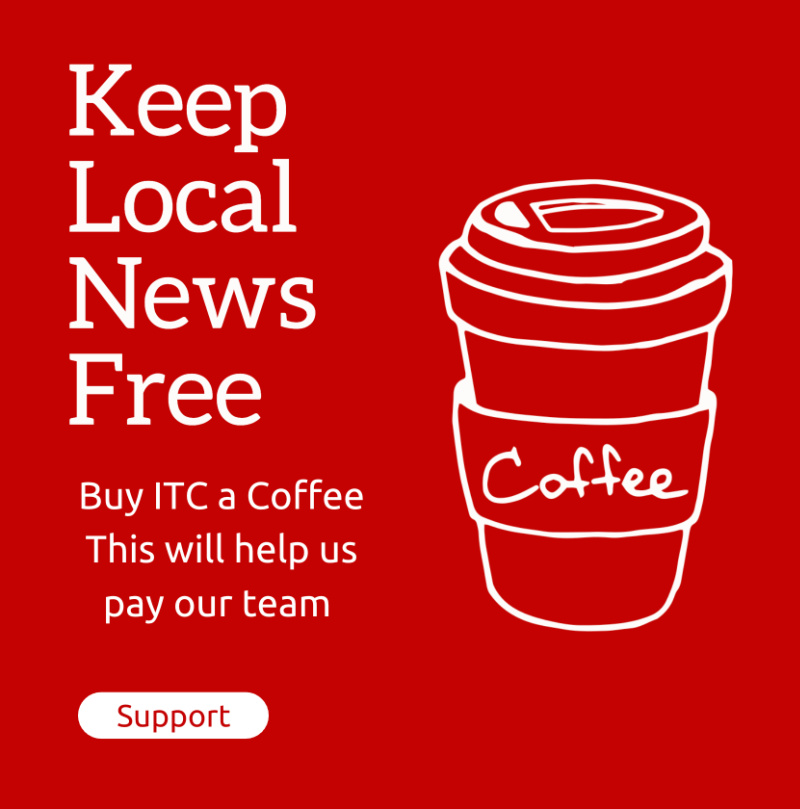Lane Cove Council (and other NSW councils) cannot set their rate increases. NSW Local Council rate increases are determined by the Independent Pricing and Regulatory Tribunal (IPART) using a rate peg methodology.
The rate peg is the maximum percentage amount by which a council may increase its general income for the year. For most councils, general income consists entirely of rates income. The rate peg does not apply to stormwater, waste collection, water and wastewater charges.
On 1st October 2024, IPART released its report on council rates and set core council rate pegs for the 2025-26 financial year, ranging from 3.6% to 5.1%. Separate rate pegs have been determined for each of NSW’s 128 councils, with the rate for each individual council area included in the IPART information paper here.
Lane Cove Council’s core rate peg for 2025/2026 is 3.8%, with an extra 0.1 per cent for population factors. Lane Cove was one of 72 of the 128 NSW councils with growing populations where a population factor increased its final rate pegs.
Lane Cove Councillors are asked to vote on rate rises in June each year. Any rate increase will take effect on 1 July 2025.
Councillors can resolve to set rates lower than 3.9 per cent. However, the rates increase in 2025/2026 can not exceed 3.9%.
Lane Cove Council Rates and Annual Charges for the 2023/24 financial year included a general rate increase of 3.7%.
The IPART report noted the rate pegs are designed to limit the amount by which council may increase rates, while also providing them with funds to assist in the cost of providing services. IPRT considered employee cost increases, forecast inflation, council-specific changes in emergency services levy contributions, and election cost estimates.
Under the Local Government Act 1993, councils must set a domestic waste management (DWM) annual charge such that the income obtained from charges does not exceed the reasonable cost to the council of providing DVM services.
IPART noted that no limit will apply to the percentage by which NSW councils can vary their domestic waste management (DWM) annual charges for the 2025/26 financial year.
Councils receive income from various sources, including grants, user fees, and charges. The rate pegs apply only to the council ‘general income’ revenue received mostly from rates, constituting, on average, about one-third of councils’ total income.
Cr Darriea Turley AM, President of Local Government NSW (LGNSW), says the latest rate peg determination reflects further improvements to the new forward-looking methodology introduced for the 2024-25 financial year.
“We thank IPART for actively engaging with local government in reviewing and refining the new methodology, particularly through the establishment of the Council Reference Group” Cr Turley said.
“We acknowledge that times are tough for everyone right across our community, but the reality is that costs increase for councils just as they do for other businesses and services – the cost of bitumen increases, construction costs only go up and salaries quite rightly increase every year.
“Councils need to be able to lift their rates fairly and in accordance with the wishes – and needs – of their community; otherwise they go without, especially since we know councils continue to have more than $1.3 billion of State and Federal government costs shifted onto our communities each year amounting to about $460 per ratepayer across the state.
“IPART has made its determination. It will now be over to the newly elected councils to have those important discussions with their communities about what functions and levels of service they expect to see in councils’ 2025/26 Operational Plans and budgets and beyond.
“It’s worthwhile reminding the public that councils do have hardship provisions and pensioner concessions. Anyone who feels they may experience difficulties in paying their rates should always contact their council to discuss their situation.”
IPART Background
IPART is the independent pricing regulator for water, public transport, and local government. They are also the scheme administrator and regulator of the energy security safeguard and market monitors for energy, the fuel market and biodiversity. Their role is to ensure safe and reliable services at fair prices for NSW residents. Despite being a government agency, IPART runs independently, encouraging competition, improving provider’s efficiency and service quality, as well as protecting consumers and the environment.
Where did you hear that? On ITC, of course!!
In the Cove publishes new content every day. It could be an article, an event, a job or local info. To make sure you don’t miss this info, sign up for our newsletter. It comes out every Wednesday Night at 7.30 pm and includes a wrap-up of local info and events and the articles we have published that week.
Help Support Local and Independent News
You can support us in three ways:
- Become an ITC reader sponsor – Feel free to be a reader sponsor if you have enjoyed our local news coverage and would like to be an ITC reader sponsor. You can sponsor us with a monthly sponsorship fee. We have reader sponsors who sponsor us for $5.00 a month and some who sponsor us for $100 a year – no amount is too small or too big. Thank you so much to the people who have already supported us via our press Patreon account. Help Us Here.
- Buy the ITC team a coffee – We now have a team, and they need to be paid – buy the ITC team a coffee (or two) and that will help us pay their wages and shout then a coffee Buy a Coffee here.
- Do you own a Lane Cove Business or a Lane Cove resident who owns a business, you can advertise with ITC – our packages start from $30 monthly fee (for a 12-month commitment). Email us here for our rates card.














